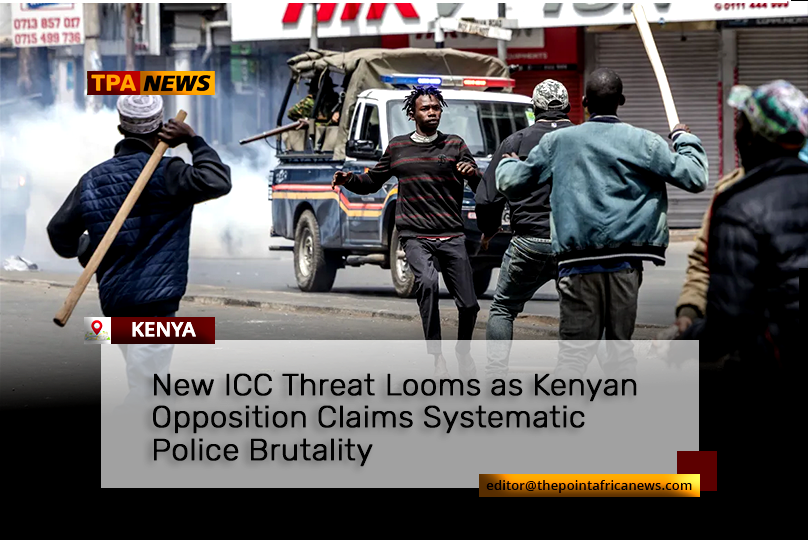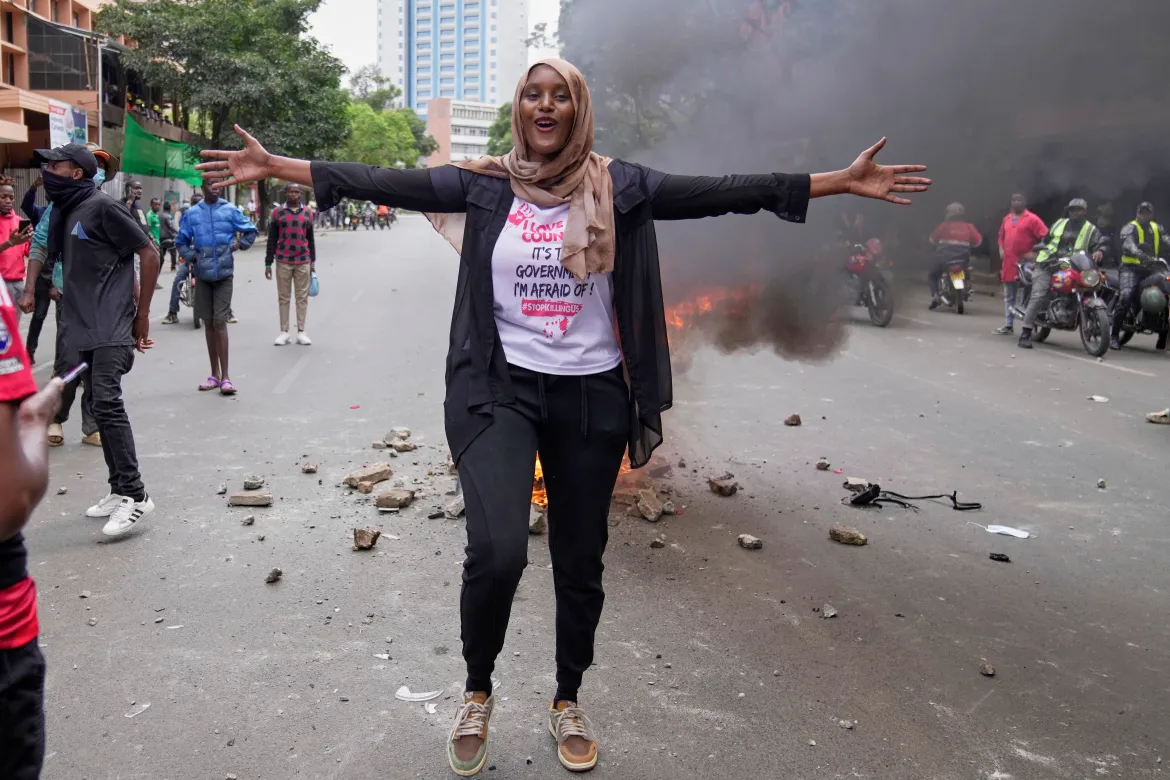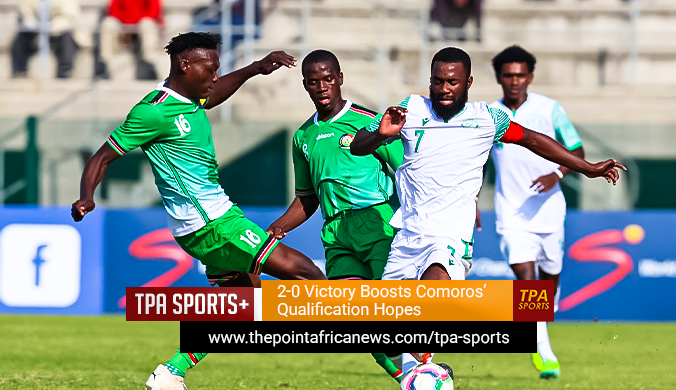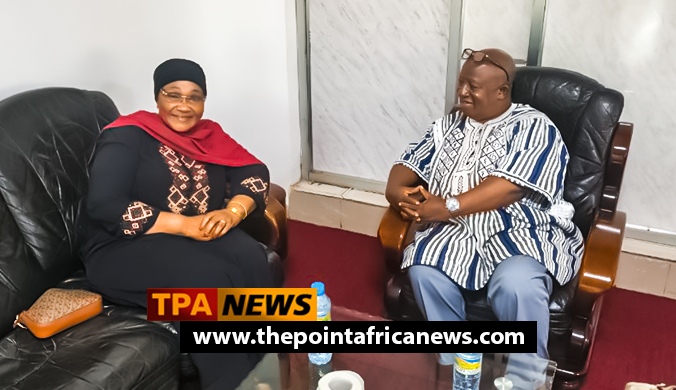By: TPA News Desk | editor@thepointafricanews.com

Kenya’s United Opposition has announced its intention to bring a case at the International Criminal Court against President William Ruto, accusing him of crimes against humanity. The opposition alleges that Ruto’s government is behind a wave of extra-judicial killings and disappearances linked to recent protests, and that rogue police units operate in tandem with militia-style tactics.
These allegations follow the death of blogger Albert Ojwang in police custody on June 8, 2025, which has sparked nationwide outrage and mass protests. Ojwang, who was detained on suspicion of defaming Deputy Inspector General Eliud Lagat, was found dead the following day. An independent autopsy revealed signs of assault, including head injuries, neck compression, and extensive bodily trauma. President Ruto acknowledged that Ojwang died “at the hands of the police,” calling the incident “heartbreaking and unacceptable.”
Public anger escalated after a 22‑year‑old street vendor, Boniface Kariuki, was shot in the head during protests on June 17, leaving him in critical condition. The police have arrested an officer in connection with the case and deployed tear gas to disperse protests in Nairobi and Mombasa.
The opposition’s statement also includes more contentious claims: that Kenya is supplying arms to Sudan’s Rapid Support Forces (RSF), and that police officers were sent on a “benchmarking” trip to Haiti to learn militia-style control methods. While these allegations have been made, they are unverified in reputable media outlets. However, in February 2025, Sudan did recall its ambassador and accused Kenya of aligning with the RSF after Nairobi hosted RSF-aligned politicians. Kenya has rejected such accusations, reaffirming its neutrality in Sudan’s civil war.
To proceed at the ICC, the opposition must present credible evidence that Ruto’s actions amount to a widespread or systematic attack against civilians, meeting the court’s threshold for crimes against humanity. Former ICC proceedings against Ruto’s predecessor (for post-election violence in 2007–08) were dropped in 2016, but this would be a distinct case.








Leave a Reply